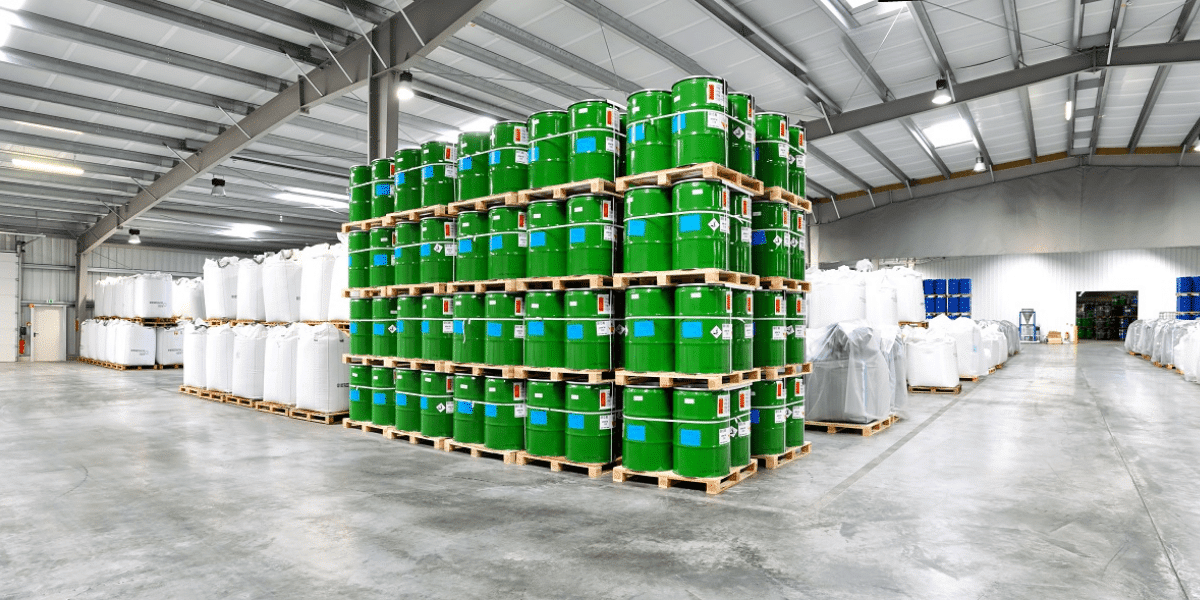The push for companies to use eco-friendly products has reached manufacturers of industrial cleaning solutions and the businesses that use them, as it has been revealed that many industrial cleaning and degreasing solvents are harmful to both people and to the environment. Carbon footprint-conscious companies, such as Ecolink, are aiding industrial companies practice the art of green chemistry, which involves transitioning to eco-friendly cleaning solutions.
Eco-Friendly Cleaning Solutions in Green Chemistry
Why is using eco-friendly chemicals part of green chemistry? As it turns out, several of the 12 principles of green chemistry are related to the specific types of chemicals that are utilized to perform chemical reactions. A few of these principles are:
- Designing Safer Chemicals
Designing safer chemicals emphasizes the use of chemical solutions that are as nontoxic as possible while still being efficacious. Nontoxic or low-toxicity chemicals generally do not pose a large threat to wildlife, and thus are eco-friendly.
- Safer Solvents and Auxiliaries
According to this principle, the use of auxiliary chemicals such as solvents should be avoided. However, when they must be used, they should be as safe as possible. This is an important principle because solvents account for 50-80% of the mass of a standard batch chemical process; thus, their potential impact on the environment is significant. Therefore, when a large amount of solvent must be utilized, choosing environmentally friendly options will certainly benefit the planet.
- Use of Renewable Feedstocks
Finally, principle #7 of the 12 principles of green chemistry is the use of renewable feedstocks, which states that renewable feedstocks should be prioritized over non-renewable ones. “Feedstocks” can encompass a number of chemistry aspects, including the type of energy that is used, the material that storage containers are made out of, and- of course- the chemicals themselves. Renewable chemicals reduce the amount of chemical waste, which has the potential to harm the environment depending on how the waste is disposed of. Hence, this is another principle for which using eco-friendly chemicals is vital.
Shop Eco-Friendly Cleaning Solutions at Ecolink
Why use harmful chemical agents when you do not have to? Allow our team at Ecolink to help your industrial business switch to an eco-friendly cleaning solution that will clean and degrease components better than your current product while being less harmful to the planet.
By completing a comprehensive review of your chemical usage, Ecolink will find ways to improve your cleaner’s performance while saving money and reducing chemical waste. All of these factors contribute to a better work environment for both employees and the planet.
To learn more about how green chemistry practices can benefit your business, contact Ecolink today at 800-563-1305 or email us here!















